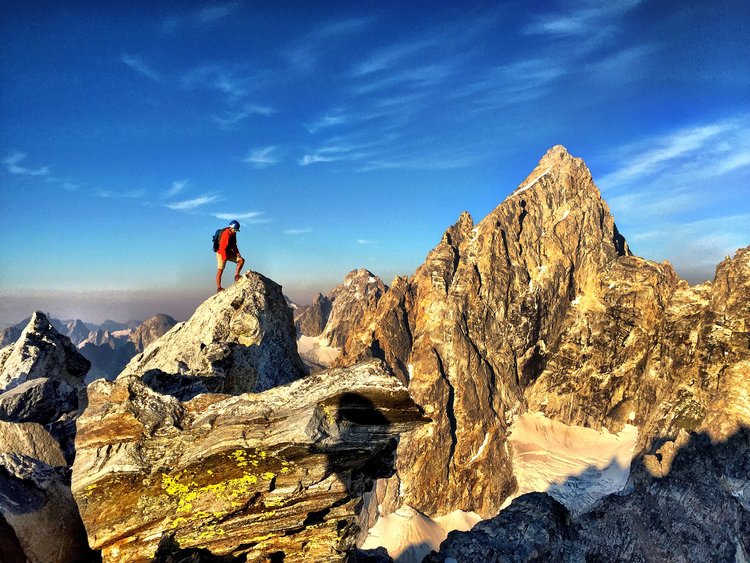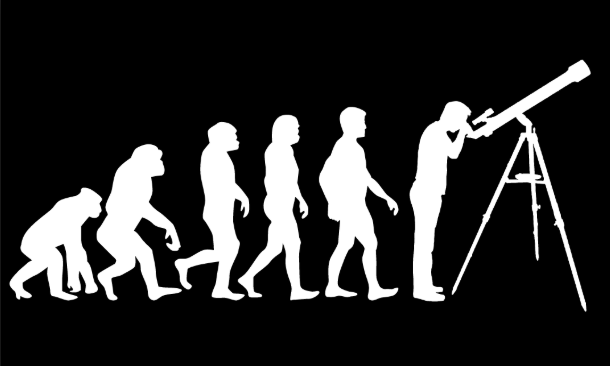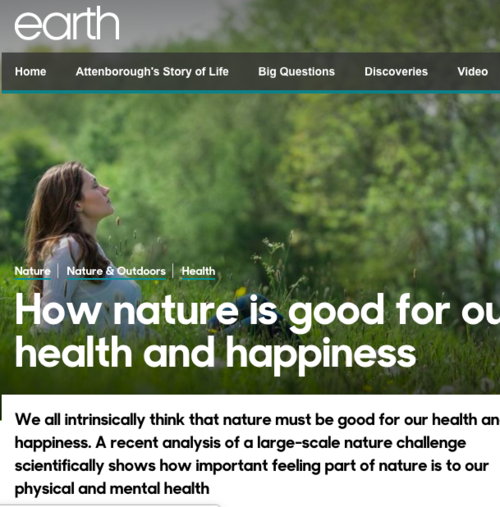REBUILD (WEEK 2)

DAY 13: SELF REFLECTION
On Day 13 of your workbook pick out your favorite spots in nature. Hopefully it will inspire you to get out from behind this computer and suck in some fresh air.
“Do not burn yourselves out. Be as I am – a reluctant enthusiast….a part-time crusader, a half-hearted fanatic. Save the other half of yourselves and your lives for pleasure and adventure….. so ramble out yonder and explore the forests, climb the mountains, bag the peaks, run the rivers, breathe deep of that yet sweet and lucid air.”
DAY 13 MICRO-SCIENCE
Evolutionary Psychology

It may seem a bit strange to think about but in reality we share about 99% of our genetic codes with chimpanzees. We would like to think smartphones and rocket ships make us heads and tails above our primate ancestors. The truth is we haven’t really come that far in terms of brain development. Our technology has developed quickly due to our unique ability to share information through language, but overall what we wanted 10,000 years ago is still what we want today. Plainly stated, after millions of years of primate genetic evolution humans are pretty much just “naked apes.” This may seem like bad news, but ultimately it helps us understand ourselves better and allows us to explain why we do what we do. The field that has made the most strides in this area of study is called evolutionary psychology and has only been around for the past 30 years or so. The basic premise of evolutionary psychology is that if we look back in time to study what has motivated humans since the birth of man then we will better be able to understand what makes us tick in today’s world.
- FACT: Research has shown that human brains have remained the same size for the last 10,000 years and maybe even slightly decreased in size overall.
- TAKEAWAY: We don’t live under the same circumstances as our caveman relatives but our brain stills thinks that we do. Brain development happens very slowly over time and our technological advancements are outpacing our brains ability to cope.
DAY 13 MEDITATION
Body Scan in Nature

Knowing yourself better is the key to maintaining equilibrium and that means knowing all of yourself, including your insides. So often we tend to look outwards for answers to our problems, ignoring the fact that the answer may lie within. We look to alcohol, smartphones, or other people to help us solve internal symptoms that make us uncomfortable, instead of going towards the problem we run away from them at full speed. There is a great story that describes this human tendency quite clearly. The story tells about a man who lost his keys inside his house when the lights went out. He searched and searched but couldn’t find them, so he decided to look outside under the streetlamp where he could see more clearly. A stranger then approached and helped him search and then asked him where he last saw his keys and the man answered “well inside my house of course.” The stranger baffled then asked, then why are you out here looking for what you have lost inside?
- FACT: Body scans help enlarge the insula cortex of the brain (body awareness center.) People with a larger insula are better at guessing heart rate, better at describing emotions, and better at calming themselves down.
- TAKEAWAY: If you check in with your internal body and symptoms regularly you get better at hearing what your body needs and therefore just get better at life, period!
DAY 13 MEDITATION
For today’s meditation find a nice quiet spot outdoors where you can lay down, sit comfortably, or just stand peacefully. Once you make that happen, you are gonna to close your eyes and check in with your body from your toes up to your head. The simple goal is to bring your attention to different areas of your body and focus on the sensations you are feeling in those areas. Start at your toes and slowly make your way up your body, from your calves up to your knees and so on. Taking a moment to stop at each different segment of your body to check in until you finish at the top of your head.
DAY 13 MOVEMENT
Feeling of Awe
When you feel small in the giant expanse of the the wilderness, you feel awe. It takes you away from your self centered place as the center of the universe and puts life in perspective. Awe is something that can be found everyday if we just look around.
- FACT: Feelings of “awe” decrease the amount of activity in the superior parietal lobe (part of brain that senses where your body is in space and the boundaries of where your body stops and the world begins)
- TAKEAWAY: Feeling apart of something larger than yourself brings about positive emotions. It takes you out of the “I” and you enter into the “we.” Once this happens your brain has a hard time determining where you begin and the world stops.
DAY 13 MOVEMENT
For today’s task, step outside and look around. The world is an incredible place, from the very small to the very large. The goal today is to feel a sense of awe in any way you see fit. You can do this by watching a sunset, admiring the intricacies of an ant colony, or contemplating the fact that the earth (and you) are constantly rotating at around a 1000 miles per hour and moving through space around the sun at 67,000 mph every second of every day. But if your feeling lazy then watch the digital version of nature above, which isn’t half as good, but might do for today.
DAY 13
Bonus Material
Ted Talk: Nature is Everywhere-we just need to learn to see it
Check out this Ted Talk by Emma Harris about the wonderful power of nature to change lives and change how you see the world
BBC: How Nature is Good for Your Health and Happiness
Check out this article by The Greater Good of Berkeley that discusses the importance of AWE in our lives Article: Eight Reasons Why Awe Makes Your Life Better

